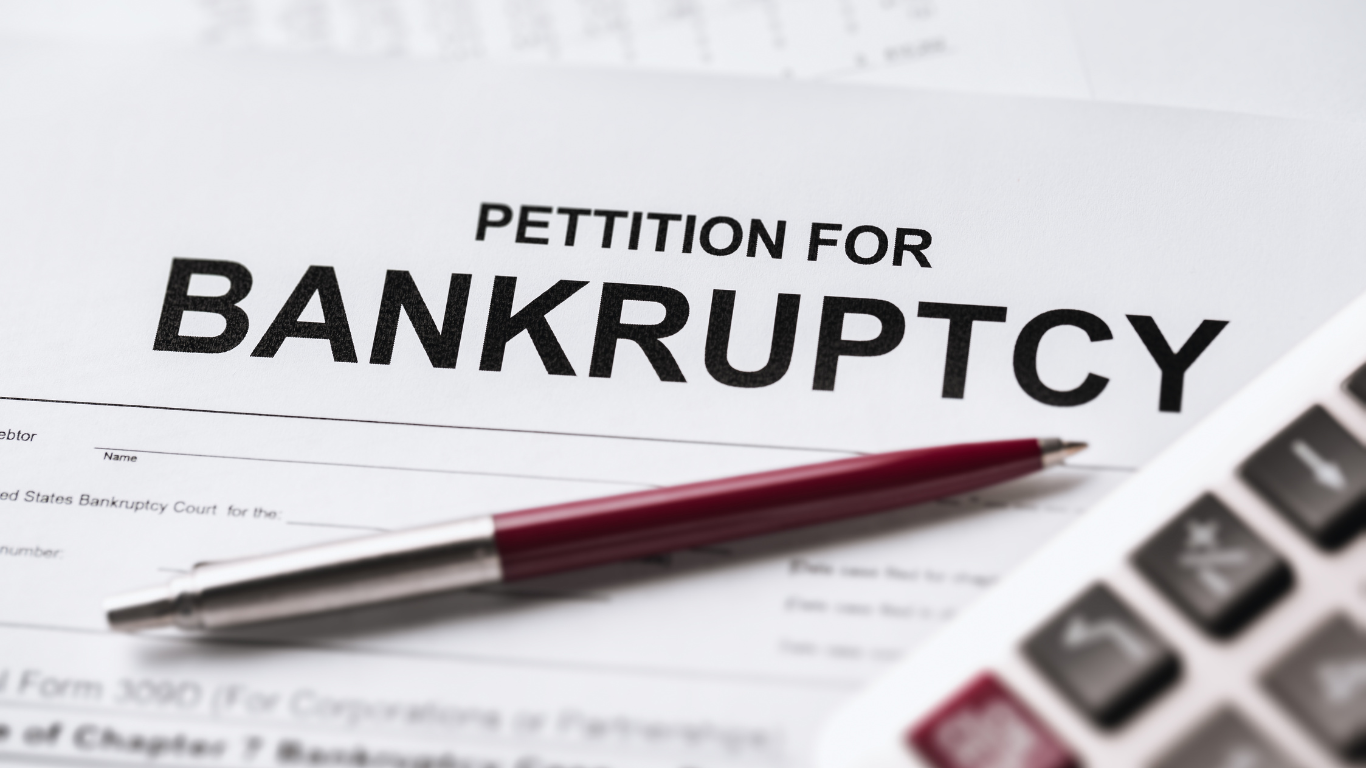Bankruptcy

Filing for bankruptcy can potentially help a borrower avoid foreclosure in several ways. If a borrower files for bankruptcy, an automatic stay goes into effect, which prohibits creditors, including the lender, from taking any further collection or enforcement action against the borrower. This includes the ability to foreclose on the property. The automatic stay remains in effect until the bankruptcy case is resolved or until the court lifts the stay.
Filing for bankruptcy can also give the borrower time to catch up on missed mortgage payments and potentially save their home. If the borrower files for Chapter 13 bankruptcy, they may be able to propose a repayment plan that includes catching up on missed mortgage payments over a period of three to five years. If the borrower makes the payments as required by the repayment plan, they may be able to avoid foreclosure and keep their home.
Borrowers who have filed a Chapter 7 bankruptcy usually think that they no longer own their home because their attorney told them that they no longer must worry about it once the debt is discharged. Yet, until the house is either sold by the seller or foreclosed on by the bank, the property remains in the name of the borrower. This is because all that a Chapter 7 bankruptcy does is place the debt in a charge-off department with the creditor so that they can no longer collect the debt. The debt remains outstanding, and the property remains in the borrower’s name until it is sold or paid off in full via a short sale or foreclosure auction.

